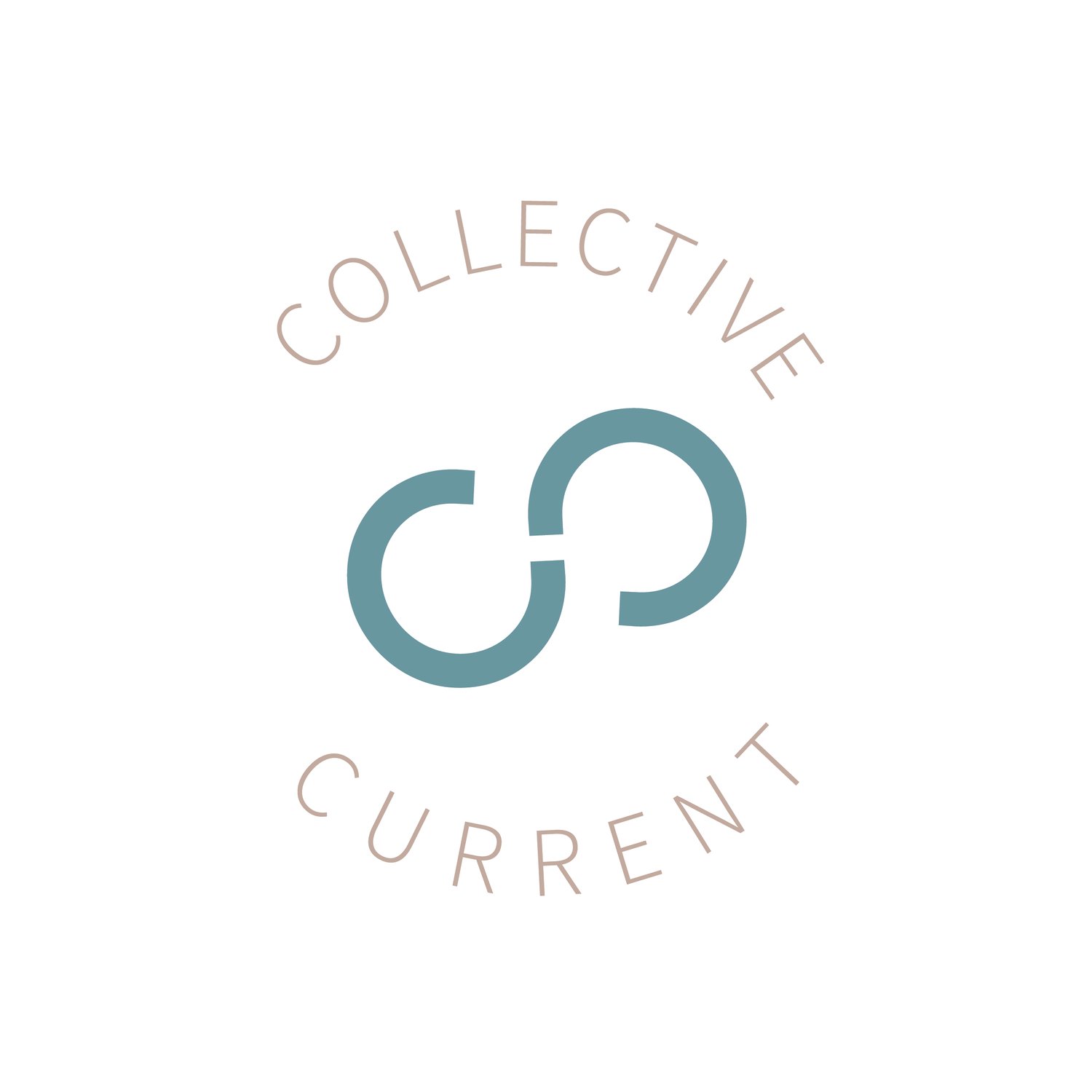Why is adulting so hard during the holidays?
There are many expectations around the holidays and we can overextend ourselves mentally, physically and emotionally in order to feel connected to others. Additionally, many of us have unresolved pain and grief from the past that can reach a certain pitch when we hear the choir rendition of Oh Holy Night.
Why is adulting so hard during the holidays?
Shay is 36 years old. She votes, she has a partner, the responsibility of children, a career and even makes time for somewhat refined conversations with other adults (sometimes).
She returned home for the holidays. She was in the kitchen that she had spent her childhood in and as she prepped for the holiday dinner, her mother casually turned and said that she looked worn out and should make time to get my hair done because it was two different colors. Her neck curved around, eyes opened wide, took a deep breath and then did the only thing that felt right. She rolled her eyes, let out a huge sigh (rather than her adult voice) and passively aggressively massacred carrots. Later, she argued with her younger sister for borrowing her t-shirt and ended the night teary with a glass of red wine laid across her childhood bed craving the familiar songs of Alanis Morisette.
She retracted into a pre-adolescent girl no longer fit for “refined” conversations. The adult tapestry she had worked diligently on over the last 15 years came rolling off her shoulders and she was left feeling exposed. What was happening?
Family Systems: What is then is not now…
Families are systems and when change occurs in or out of the system, it becomes well you know…”shifty.” The system desires balance and wants to return to “the way it’s always been” which results in dysfunction internally and externally. Change is inevitable because well, we change and evolve. What’s then is not now and it’s OK to be the person you have become, while recognizing the situations and people that activate you.
Eye rolling and passive aggressive chopping are both a return to the familiarity of a distressing life experience or relationship of the child ego state and a line in the sand, signaling to the adult ego to stay in the here and now.
An ego state is a way in which we think, feel and behave, making up our personality at a given time. Ego theory suggests that our personality is divided, but not necessarily in equal proportions, into the Parent, the Adult and the Child ego states. It can be helpful to check-in within ourselves and ask “What ego state am I acting out of right now?”
In addition to ego states, it’s helpful to reflect on the role of memory and how the brain responds to distress over time.
Memory and Emotions: Feeling out of sorts with the people we know best.
When we experience distressing life experiences and dynamics within our family system, the memory is fragmented and connects to the receptor parts of the brain (vision, taste, smell, etc.), never fully processing. The hippocampus part of the brain is the gateway to processing and pulls data from different receptor sites and packages it as a memory. It is sent to the thalamus, which acts like a kiln, binding and strengthening the memory. Without the strengthening of the memory, it became a bit lost at the receptor sites.
It’s why a familiar smell, noise and person can activate us. It’s why we may walk through the mistletoe adorned homes of our families of origin, dine around the table with familiar faces and yet feel keyed up, out of sorts and well, perhaps like a younger version of ourselves.
Connection
The holiday season is a season of connection; to others and to ourselves. The giving spirit is a reminder to pour into ourselves so that we are better able to pour into those we love. We must connect to our spirit and attune to our needs.
Gifts
Stay Grounded: Focus on what is happening in the present moment. What’s then is not now. Here are a great list of different grounding techniques.
Honor Yourself: You matter! You are worthy and you are allowed to tend to your needs and your heart. When we understand our needs, we can effectively communicate them and create boundaries that protect them.
Create a Plan: One of the best ways to navigate is to create a detailed map. Think about what you will do, how you will handle anticipated situations and how you will decompress. Write it out and use it when you feel lost.
Give Yourself Permission: Remember you don’t have to stay and you are allowed to take care of yourself. If there is a specific situation that feels increasingly stressful, give yourself permission to take a break, check in with yourself and assess what you need in that moment. When you identify what that is, give it to yourself.
Walls Counseling offers different therapeutic interventions to support healing, to understand the effects of family dynamics and learn tools to regulate our emotions. Learn more about our therapists and their specific training.
